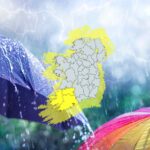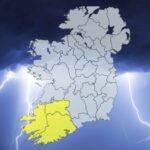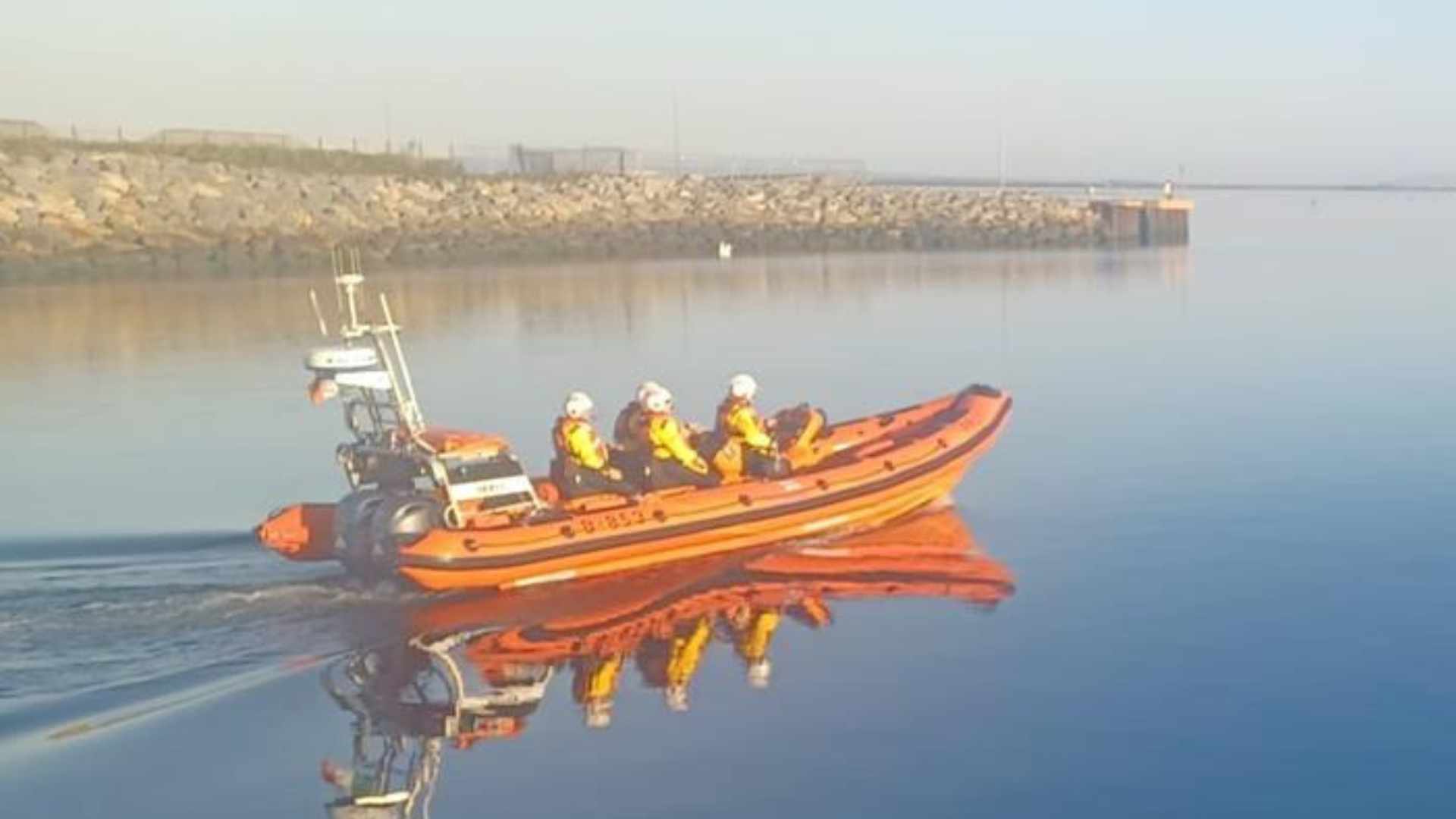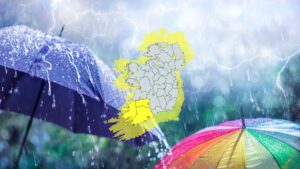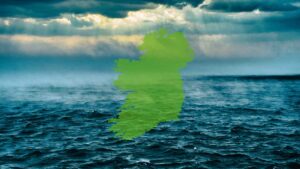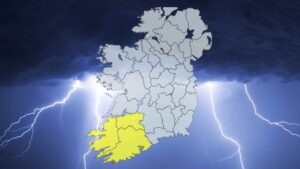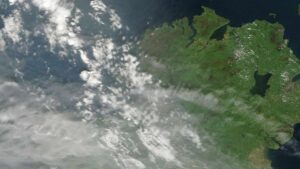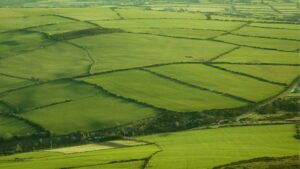
Study Shows Wildfires Threaten Water Courses
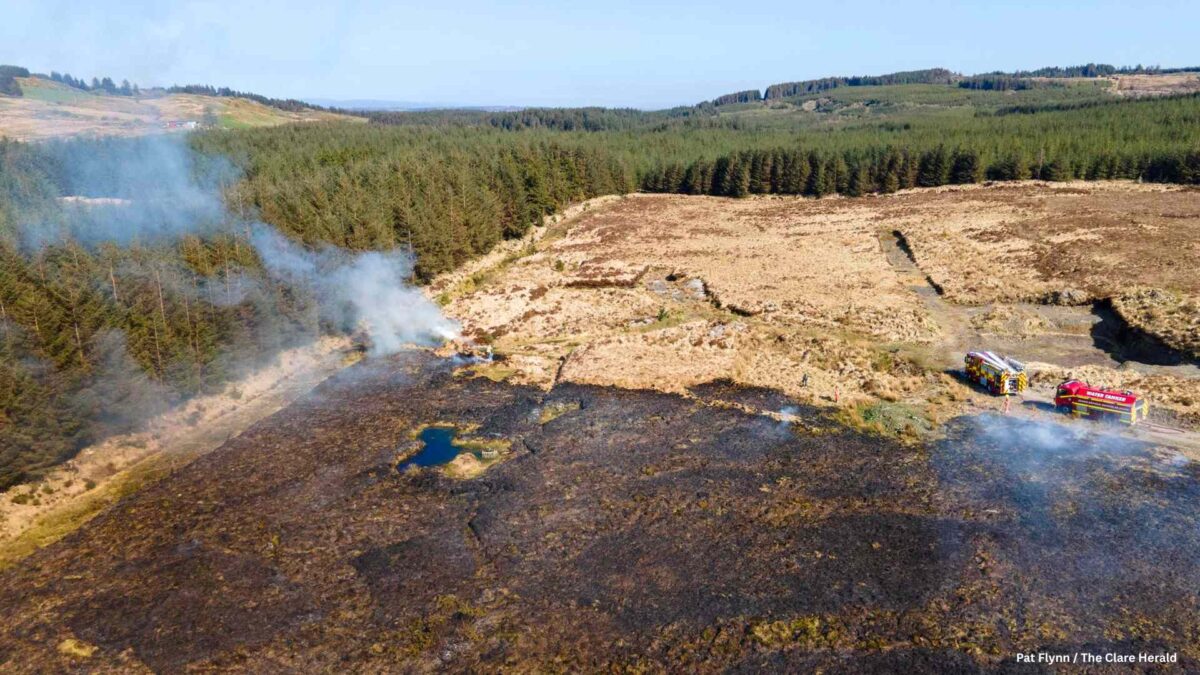
A new study presented has revealed that wildfires don’t just scorch landscapes — they also quietly disrupt the microbial life in our rivers and lakes, with serious consequences for water quality.
Researchers found that after a wildfire, rain can wash “pyrogenic organic matter” — carbon-rich material from burned plants — into freshwater sources, altering the delicate balance of microbes that keep our water clean and safe.
The study, led by Dr. Courtney Gardner of the University of Texas at Austin, mimicked wildfire conditions in the lab by mixing burnt plant matter into water samples. They discovered that the lower-temperature burns (around 250°C) had the most harmful impact, reducing microbial diversity and weakening key processes like nitrogen cycling. That could lead to oxygen-depleted water, algal blooms, and more complex — and costly — water treatment challenges.

“These unseen shifts in microbial life can ripple across entire aquatic ecosystems,” said Dr. Gardner. “It’s a stark reminder that wildfires affect more than land — they threaten the health of our water, too.”
With wildfire risk rising amid climate change, the findings reinforce the urgent need for joined-up land and water management, especially in regions like Ireland where ecosystems are tightly linked.
Share this WeathÉire story: